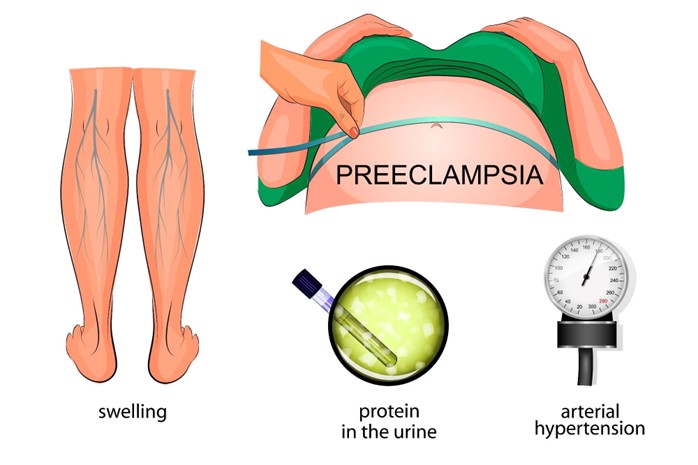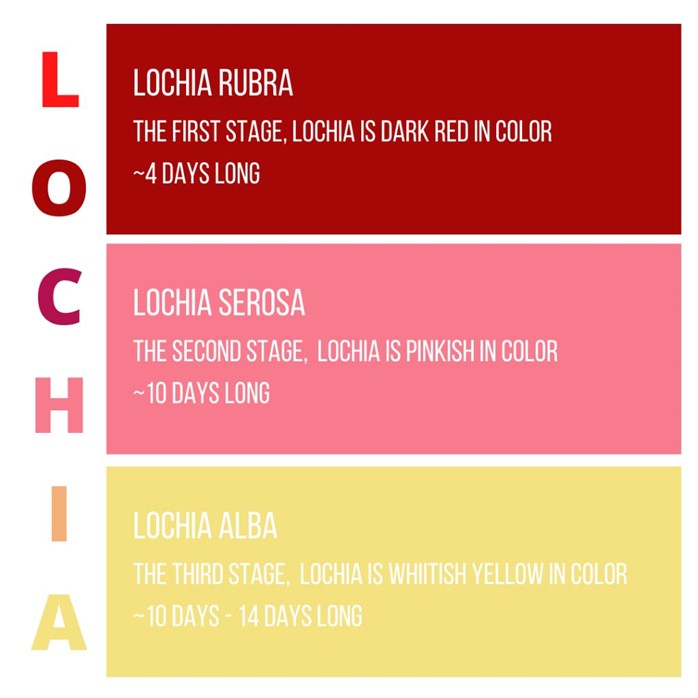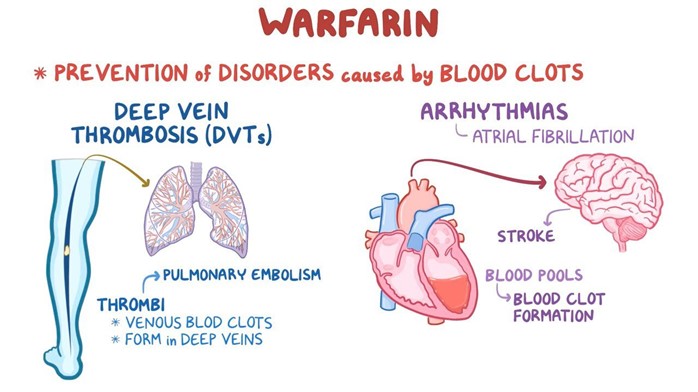When is it most important for the nurse to assess a pregnant client's deep tendon reflexes (DTRs)?
When the client has ankle edema.
If the client has an elevated blood pressure.
During admission to labor and delivery.
Within the first trimester of pregnancy.
The Correct Answer is B
Choice A reason: When the client has ankle edema, it is important for the nurse to assess for other signs of fluid retention, such as weight gain, jugular venous distension, and crackles in the lungs. However, ankle edema alone is not a specific indicator of preeclampsia or eclampsia, which are conditions that can cause hyperreflexia or increased DTRs.
Choice C reason: During admission to labor and delivery, it is important for the nurse to assess various aspects of the client's health status, such as vital signs, fetal heart rate, contractions, cervical dilation, and pain level. However, assessing DTRs is not a routine part of labor and delivery assessment unless there are signs of preeclampsia or eclampsia.
Choice D reason: Within the first trimester of pregnancy, it is important for the nurse to assess for signs of pregnancy-related nausea and vomiting, bleeding, infection, and ectopic pregnancy. However, assessing DTRs is not a routine part of first trimester assessment unless there are signs of neurological disorders or spinal cord injury.

Nursing Test Bank
Naxlex Comprehensive Predictor Exams
Related Questions
Correct Answer is A
Explanation
Choice A is correct because a distended bladder can displace the uterus and prevent it from contracting properly, leading to increased bleeding and risk of infection. The nurse should check for a distended bladder and assist the client to empty it if needed.
Choice B is incorrect because reviewing the hemoglobin is not a priority action. The hemoglobin may not reflect the current blood loss and may be done later.
Choice C is incorrect because massaging the uterus is not necessary if it is firm. Massaging a firm uterus can cause overstimulation and pain.
Choice D is incorrect because increasing intravenous infusion is not a priority action. The client may not need additional fluids if the bleeding is moderate and the vital signs are stable.

Correct Answer is C
Explanation
Choice A reason: Increasing the intake of dark green leafy vegetables while taking warfarin is not a good instruction because it can decrease the effectiveness of warfarin. Dark green leafy vegetables are rich in vitamin K, which is a coagulation factor that counteracts the anticoagulant effect of warfarin.
Choice B reason: Eating two servings of dark green leafy vegetables daily and continuing for 30 days after warfarin therapy is completed is not a good instruction because it can cause bleeding complications. Dark green leafy vegetables are rich in vitamin K, which is a coagulation factor that counteracts the anticoagulant effect of warfarin. Stopping warfarin while continuing to eat high amounts of vitamin K can increase the risk of clot formation and thromboembolism.
Choice D reason: Avoiding eating any foods that contain any vitamin K because it is an antagonist of warfarin is not a good instruction because it can cause bleeding complications. Dark green leafy vegetables are rich in vitamin K, which is a coagulation factor that counteracts the anticoagulant effect of warfarin. Eliminating vitamin K from the diet can increase the sensitivity to warfarin and cause excessive bleeding and bruising.

Whether you are a student looking to ace your exams or a practicing nurse seeking to enhance your expertise , our nursing education contents will empower you with the confidence and competence to make a difference in the lives of patients and become a respected leader in the healthcare field.
Visit Naxlex, invest in your future and unlock endless possibilities with our unparalleled nursing education contents today
Report Wrong Answer on the Current Question
Do you disagree with the answer? If yes, what is your expected answer? Explain.
Kindly be descriptive with the issue you are facing.
